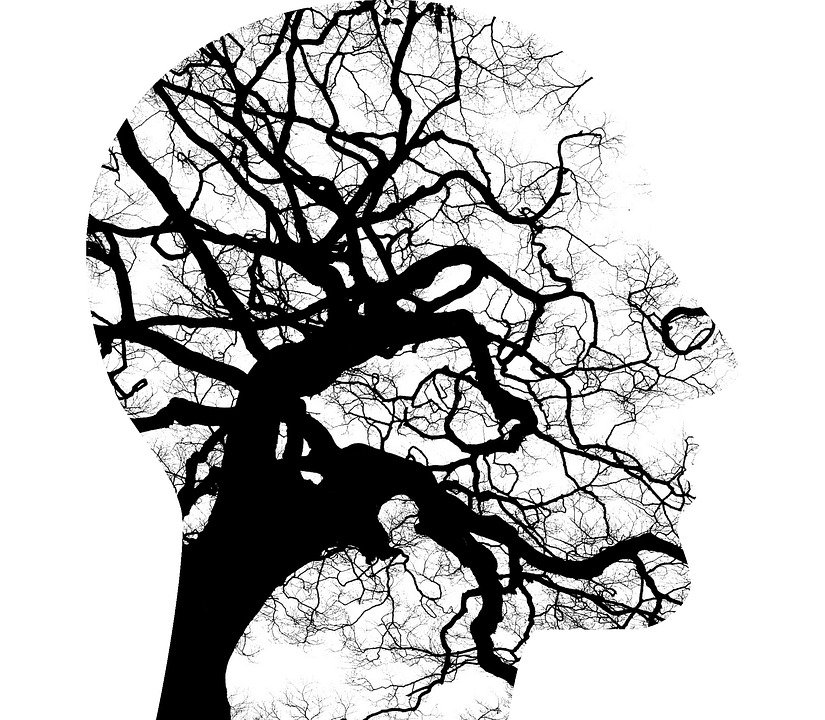Mental health
Majority of UK workers “would wear mental health monitoring device”

 The majority of British workers would wear a device to detect signs of mental health issues if it was supplied by their employer, according to new research.
The majority of British workers would wear a device to detect signs of mental health issues if it was supplied by their employer, according to new research.
The study, undertaken by YouGov for healthcare provider AXA, also showed 45% of the British workforce would be comfortable sharing information from the device, when it assists with employee-related health and wellbeing strategies.
But 69% of the workers surveyed who were not comfortable sharing information said they were worried about workplace discrimination as a result of the device – and did not like firms knowing details of their lifestyle.
If the information provided was anonymous, half of this group was comfortable sharing the data, though.
[interaction id=”5a8db014aa398000015e5c86″]
Four in ten experience symptoms
The study also discovered that 4 in 10 workers had experienced mental health issues in the workplace.
But more than half (52%) of those who had experienced symptoms o had not discussed it with their employer.
For the group who have communicated to their employer, more than two-thirds (71%) have been supported in managing their symptoms in the workplace.
[vc_row][vc_column width="2/3"][vc_column_text]
What makes us susceptible to burnout?
In this episode of the Safety & Health Podcast, ‘Burnout, stress and being human’, Heather Beach is joined by Stacy Thomson to discuss burnout, perfectionism and how to deal with burnout as an individual, as management and as an organisation.We provide an insight on how to tackle burnout and why mental health is such a taboo subject, particularly in the workplace.[/vc_column_text][/vc_column][vc_column width="1/3"][vc_single_image image="70883" img_size="medium" onclick="custom_link" link="https://www.shponline.co.uk/working-at-height-3/barbour-download-guide-to-working-at-height/"][/vc_column][/vc_row][vc_row][vc_column][vc_btn title="Listen now!" color="success" link="url:https%3A%2F%2Fwww.shponline.co.uk%2Fpodcasts%2Fwhat-makes-us-susceptible-to-burnout%2F|target:_blank"][/vc_column][/vc_row]
Majority of UK workers “would wear mental health monitoring device”
The majority of British workers would wear a device to detect signs of mental health issues if it was supplied by their employer, according to new research.
James Evison
SHP - Health and Safety News, Legislation, PPE, CPD and Resources Related Topics
Drug and alcohol testing in a UK airport environment
Almost half of UK manufacturing employers have increased spending on workforce health and wellbeing
‘PPE isn’t meant to be uncomfortable’: Katy Robinson and Karl Simons on inclusive PPE

Big brother is never more evident than today! Who on earth even thought of this? Someone’s out to make an awful lot of money! If this becomes reality expect increased insurance premiums and a whole lot if other negatives. And I was going through life under the illusion we were freemen and women. God help us if this is the direction of the future
Won’t be long now until a biopsychosocial stress monitoring, wearable devise will be available as, the S.M.A.R.T. Foundation is already working on the next generation of it’s patented, interactive self-assessment “Fatigue Screening” Tool-Kit add-on to the “Digital Health & Literacy” application for DSE user operators in education and the workplace. Obviously, CVS or Screen fatigue / Asthenopia, as a recognised Global Pandemic exacerbating the levels of work-stress, was a good place to start nevertheless, presenteeism as a manifestation of poor emotional and physical wellbeing in the chain of causation of minor errors and mishaps and, if unaddressed, over time, will present in more critical insidious risk to safety or occupational emotional / mental and physical injury as the “well meaning” human organisms natural stress driven accommodations or adaptations reach exhaustion point.